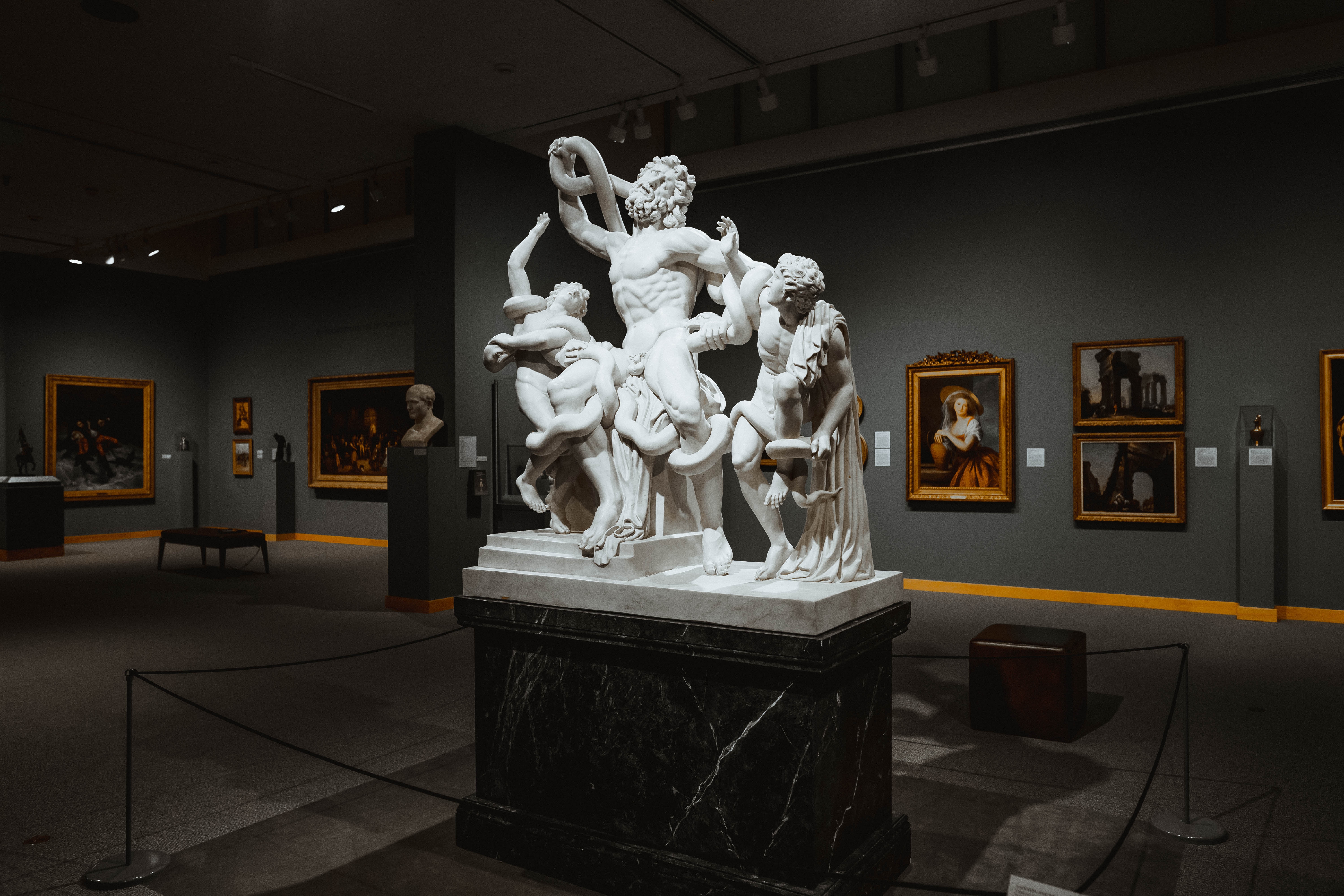"Museum Boards Must Move From Tokenism to Transformation That Only Meaningful Inclusion Can Bring"

Following the resignation of Warren Kanders from the board of the Whitney Museum of Art, after months of protests over his company’s sale of tear gas, Darren Walker, president of the Ford Foundation, wrote how this case reveals how "museums have become contested spaces in a rapidly-changing country." Furthermore, Walker emphasizes that to engage diverse leaders, "museums should redefine the terms of trusteeship."
Walker wrote,
I believe that museums have the responsibility to hold a mirror up to society. As the country becomes younger and more diverse, and as its immigrant population grows, museums must shift. This is not about “political correctness”; it’s about how these institutions can achieve excellence, now and in the future. At stake is not just the work or prestige of a particular institution, but the underpinnings of democracy: How do “we the people,” tell our story — who is included, and who is locked out? And how do museums resist reinforcing biases, hierarchies and inequalities?
Even though there are examples he mentions of progress towards more diversity, as Warren points out, he believes "everything that moves an institution forward, or holds it back, can be traced to its board."
To engage diverse leaders, museums should redefine the terms of trusteeship. At a time when institutions face greater pressure than ever to raise resources, their boards have veered too far toward only appointing trustees with wealth. But we know there are other valuable forms of capital not easily measured in dollars and cents. And so boards need to stop seeing diversity as subtracting from their annual revenue, but rather as adding strength. Diversity helps them attract new visitors, artists, communities and constituencies. In other words, museum boards must move from tokenism to transformation — the kind of transformation that only meaningful inclusion can bring.
Image: Julian irigoyen / Unsplash
